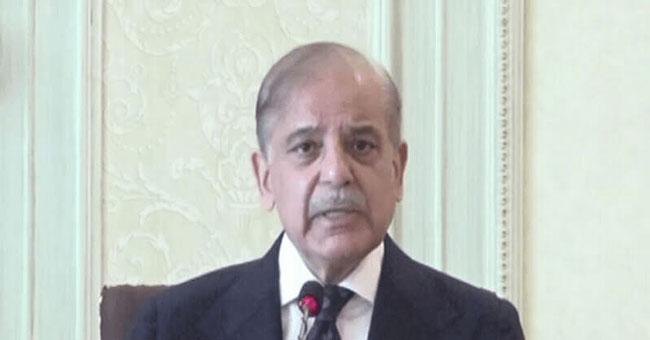Desk:For years, Pakistan has been struggling with an economic crisis, frequently seeking loans from institutions like the IMF, World Bank, and countries like Saudi Arabia and China. Last year, Pakistan faced challenges in obtaining loans due to the stringent conditions set by the IMF. However, recently, Pakistan secured a major loan from the World Bank. The World Bank has agreed to provide Pakistan with a loan of $20 billion for a 10-year period. This amount will be given under the Country Partnership Framework. The World Bank has placed specific conditions on the loan, stating that the funds must be used for reducing infant mortality, eliminating malnutrition, adopting renewable energy solutions, and addressing climate change issues. The loan is intended for the improvement of education, healthcare, and other social services in Pakistan, and cannot be used for any other purposes.
World Bank’s Country Director, Najy Benhassine, mentioned that the loan will be provided to Pakistan through the International Development Association (IDA) and the International Bank for Reconstruction and Development (IBRD). The World Bank has made it clear that the funds should be used to improve access to clean water, sanitation facilities, education for poverty reduction, and disaster mitigation, including floods. This is a significant loan for Pakistan, which has long been struggling with its debt. Over the past few years, leaders like Imran Khan and Shehbaz Sharif have sought loans from various countries, including Russia, Saudi Arabia, and China. The IMF, after much negotiation, had also extended a loan to Pakistan.
It is important to note that Pakistan has been a member of the World Bank since 1950. Over the years, Pakistan has received a total of $40 billion in aid from the bank. To put this into perspective, the amount Pakistan is receiving now is the same as the total aid it has received from the World Bank over the past 75 years. The loan comes with a focus on sustainable development plans, including providing quality education to 12 million students, ensuring food security for 30 million people, and providing access to clean water and sanitation for 60 million people. The World Bank will also closely monitor how these funds are spent.




